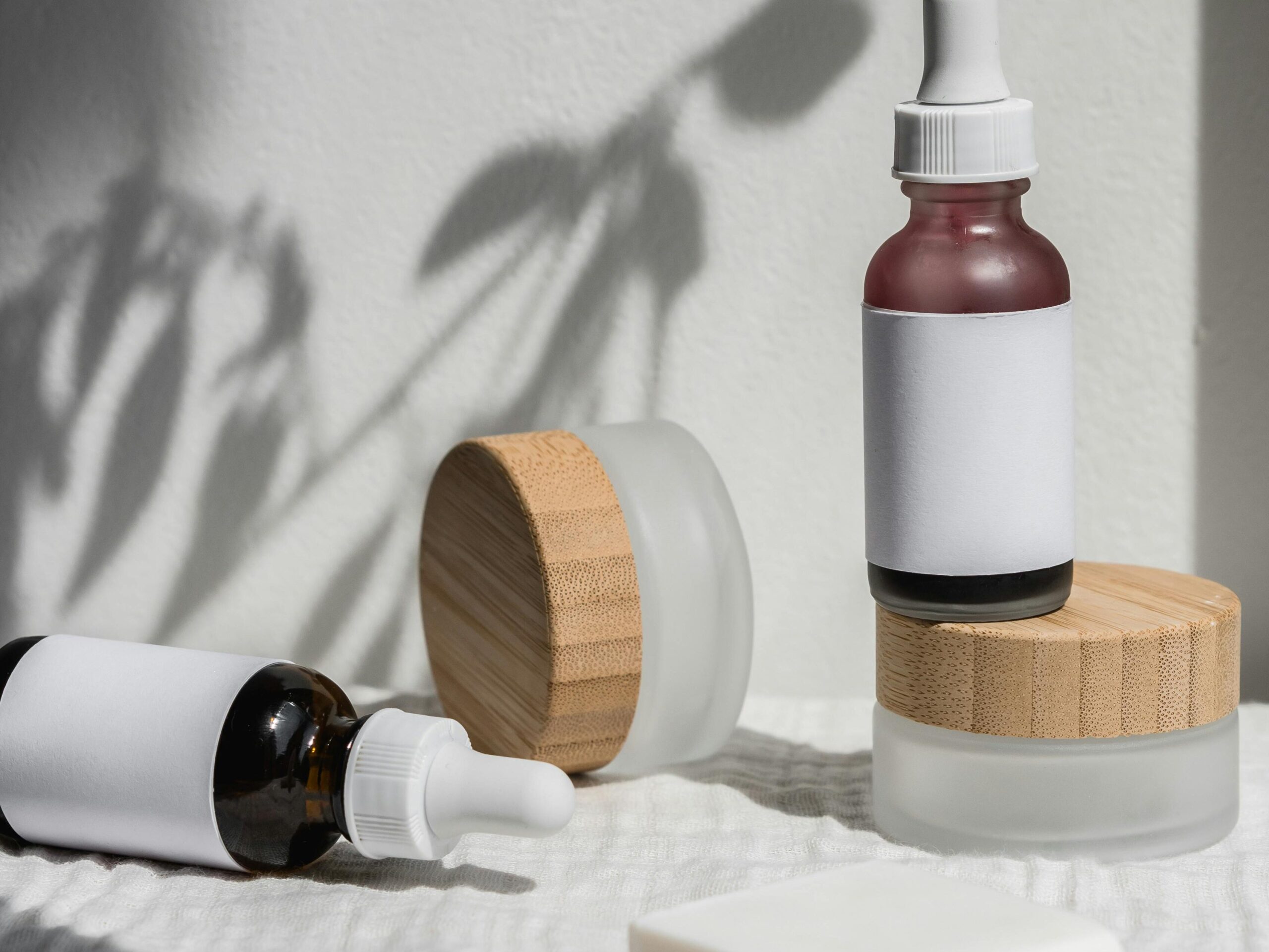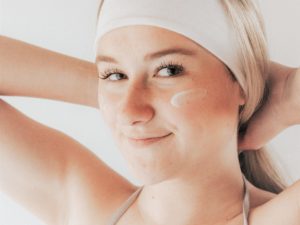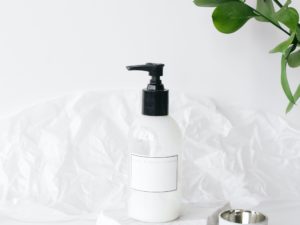Common Skincare Myths that are Destroying Your Skin’s Health
Everybody, no matter who you are, needs a skincare routine, however, there are some common skincare myths out there that are doing more harm than good. Let’s dig deep and find out what they are and what we should be doing instead.

Skincare myths come up due to misinformation or hype that has no scientific basis. Some of these myths may be the reason for your skin concerns and issues. It’s time to separate fact from fiction, so keep reading to find out common mistakes we make with skincare and how to fix them.
What is the Role of the Skin
As shown in this article here, our skin health is directly related to our overall health. The skin is our largest organ, and it acts as a protective barrier that our insides have against the outside world. Aside from that, the skin has many role,s from temperature regulation, touch, neurological information, and more. It is essential for us to help this organ thrive.
Why Have a Skincare Routine
This is why everyone needs a skincare routine. Skincare is the act of protecting and supporting the health of your skin. By using a science-based skincare routine such as the one found here, we are better able to use ingredients that work with our skin, not against it. A skincare routine does not have to have 12 steps, nor does it have to break the bank or take 3 hours. The basics of a skincare routine include cleansing and moisturizing, along with the use of sun protection during the day.
Other additional products include toners, serums, ampules, and more. Again, while some of these are nice, the ingredients in these products need to be based on science. Some examples of skincare ingredients that have scientific research to back them include retinoids, vitamin C, AHA and BHA exfoliants, and ceramides.
Benefits of Skincare
Some skincare routines can help you target specific skin concerns, such as dryness, acne, redness, or irritation. Other skincare routines focus on support and protection like cleansing, moisturizing, and the use of sunscreen. Depending on what your needs are, a skincare routine can help you look better, and feel better and will improve the health of your skin.
Skincare Myths and What to Do Instead
So, let’s get right into it. Here are skincare myths that are harming your skin barrier health and what to do instead.
1. Exfoliation is Necessary, Especially if Your Skin is Flakey
Think you need to exfoliate a lot, two or three times a week at least. If you don’t, those skin cells will just pile up on top of your skin, causing you to have flaky, bumpy skin. While exfoliation is great, it’s not a necessary step in a skincare routine for everyone.
Some people can get away with just using a cleanser, and that is enough exfoliation for them. Over-exfoliating can lead to your skin barrier health deteriorating. This is something that can lead to sensitivity, redness, or acne. Over-exfoliating strips the skin of its natural oils and production. If you have dry, flaky skin, exfoliating can make it worse.
What to do instead:
If you’re going to try to exfoliate, start with a mild exfoliator such as lactic acid and only use it once a week. If your skin handles this well, you can increase it to twice a week. However, if you notice that your skin gets a bit worse, skip the exfoliator for a while or use it less often, maybe even down to once a month.
2. Cleanser Type is not Important
Many people think that your cleanser is not all that important, and there may be some truth to this. This is a product that you wash off, so it stands to reason that it doesn’t have to have the best ingredients.
While it is true that a cleanser is washed off, there are many important check marks that a cleanser has to have for it to be good for you. A cleanser that is made with low-quality ingredients can still be irritating and will still damage your skin barrier.
What to do instead:
You need to look for a cleanser that is pH-balanced and one that is specifically designed for your skin type. If you have oily skin, a gel-type cleanser with an active ingredient like salicylic acid can be good for you. On the other hand, if you have dry skin, you’re going to want a cleanser that is more gentle, creamier, and less stripping.
3. Stronger Ingredients are more Effective
This skincare myth makes a lot of sense. The stronger the concentration of active ingredients in your product, the more effective it should be for your skin, right?
Stronger does not always equal better. If you start with super strong active ingredients, you risk damaging your skin barrier severely. For example, if you jump straight into strong retinoids, you will experience a lot of dryness, sensitivity, redness, and breakouts.
What to do instead:
No matter what the active ingredient is, you need to start off at a lower concentration to allow your skin to get used to that new ingredient. This is particularly true for exfoliating ingredients such as acids, vitamin C, and retinoids. Start low and go slow, only using them once a week, and slowly increase their usage. As your skin gets used to this ingredient, you can increase concentration as needed.
4. More is More
This is a skincare myth that comes from overconsumption and capitalism. The idea is that more is more. You need more steps in your skincare routine, you need more products, you need more tools.
This isn’t true, though. This makes skincare very intimidating and just wastes a lot of money.
What to do instead:
Stick to the basics, especially if you’re first starting out. Some people only need a basic skincare routine. This means cleansing at night and applying a moisturizer. Some people wake up, clean their face, and reapply moisturizer with sunblock. That’s it. Stick to the bare necessities.
5. You Can Skip Sunscreen or Use a Sunscreen Stick
This is one of those common skincare myths usually found in the beauty community. If you have a foundation with SPF, a lot of people skip using sunscreen beforehand. Likewise, if you’re trying to reapply sunscreen, many people who have makeup on just use a sunscreen stick.
The sun protection found in makeup foundation is not enough to protect your skin from UV rays. Likewise, a sunscreen stick does not apply enough SPF to the skin to protect you.
What to do instead:
Use a regular sunscreen. Find either a chemical sunscreen or a mineral sunblock and make it one that you will use. There’s nothing worse than buying SPF 100 sunscreen and then never putting it on because it is way too thick and uncomfortable. Find a sun protection option that you will use and apply it first before putting on any makeup.
Signs Your Skincare is Doing You Dirty
Skincare is supposed to help us, not hurt us. There are some things you can watch out for to know whether or not skincare is improving your skin or making it worse. Remember to always patch-test skincare ingredients on the skin of your arm or leg instead of applying them directly to your face. Also, only try one new product at a time. If you do experience a reaction and you’re using more than one product, you’ll never know which product is the irritating one.
One of the first signs of a compromised skin barrier is irritation. After a skincare routine, your skin should feel good, not dry, oily, or irritated. Inflammation is another common symptom of your skin care products not working for you. This can lead to acne, breakouts, and redness. You may also experience bumps, particularly if you are allergic to a skincare ingredient. This may also happen if you use too many exfoliating products at once, such as using an AHA and a retinoid at the same time.
If skin barrier health continues to deteriorate, your skin may become shiny and overly sensitive. Using products should not hurt. There is a common misconception that exfoliators need to sting to work. That is not true. Using skin care products that hurt may cause your skin to become sensitive to the point where even just using plain water may hurt.
The Takeaway
Skincare is healthcare, and everyone deserves a good skincare routine that helps you, not hurts you. Common skincare myths may come from overconsumption, misconceptions, or misinformation. It is important for us to find out what is fact and what is fiction and make the right choices for us and our skin.
Remember that health comes from within. Eat nutritious food, exercise when you can, and take care of your mental health. The small daily habits you cultivate become the basis for overall wellness. Don’t forget about microbiota health, too! Gut microbiota affects the entire body, from the skin to muscles to immune and mental health! Get all the resources you need about microbiota health for free here!





